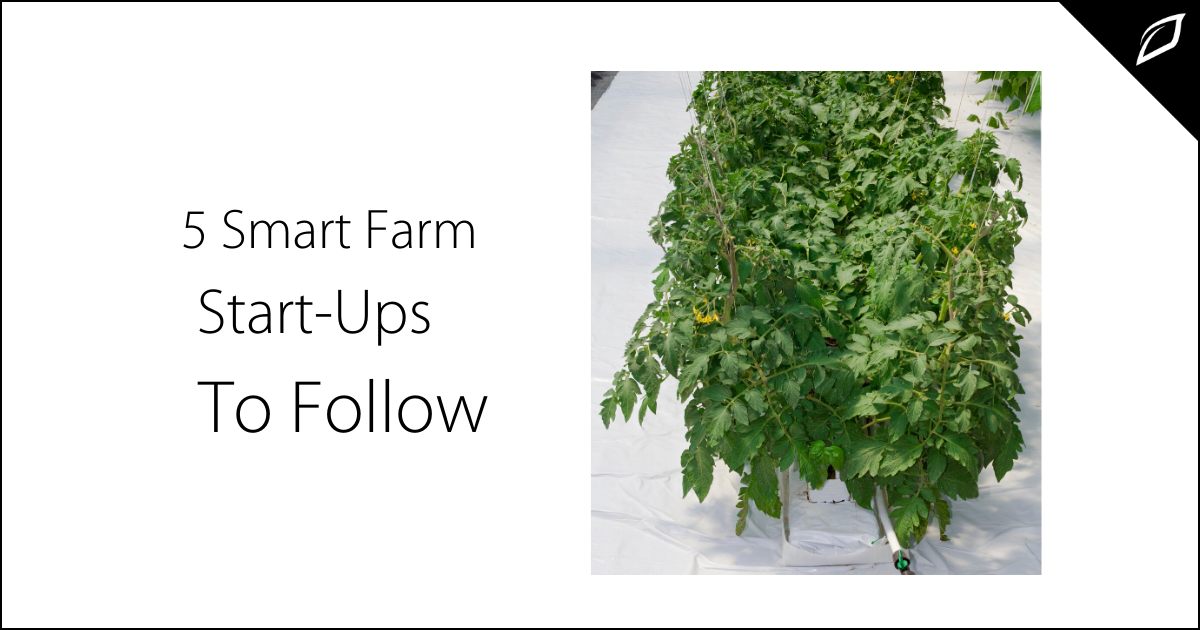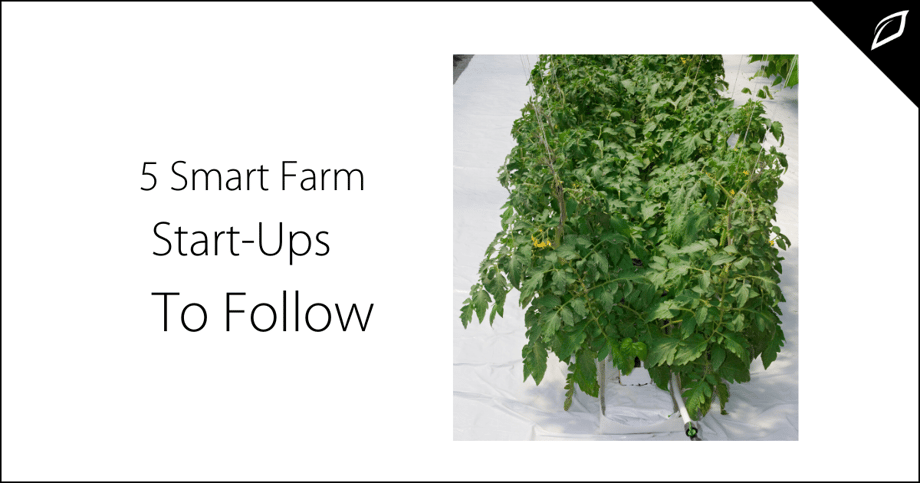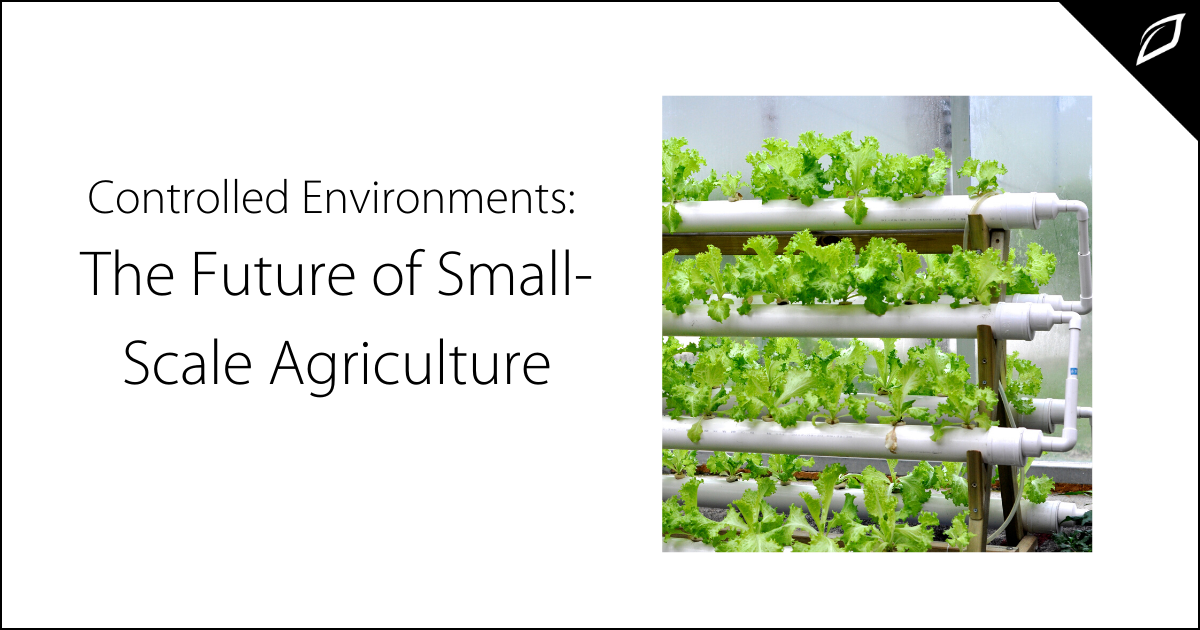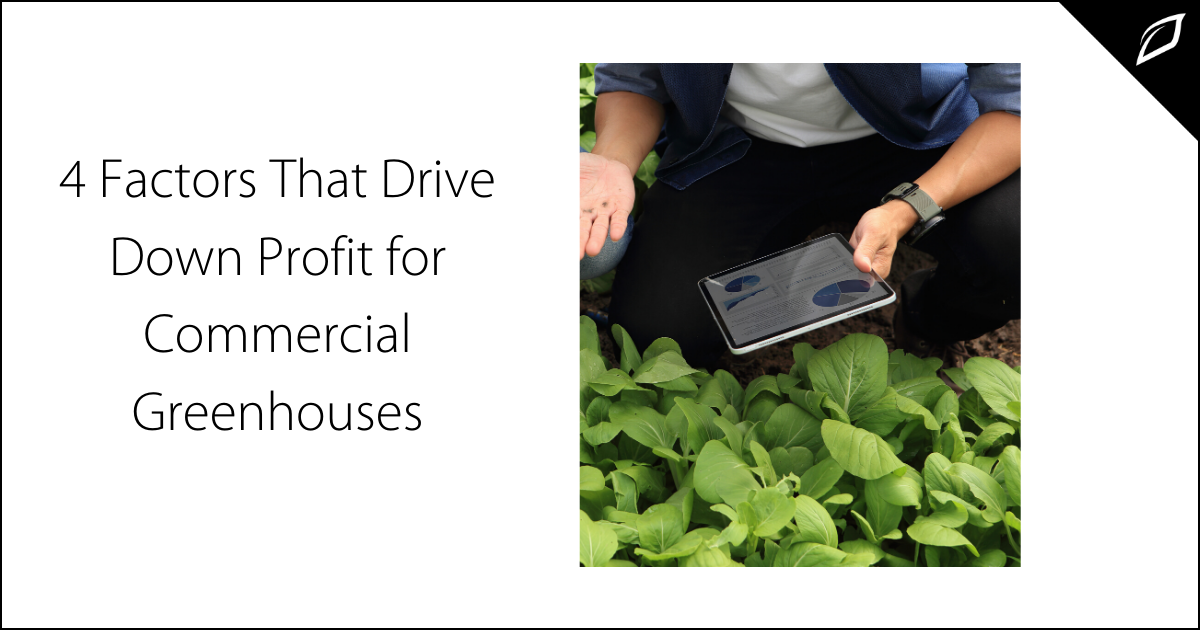3 Ways Tech Is Making Urban Farming More Accessible
Wide open spaces are no longer an agricultural necessity. While the rolling prairies with their endless acres of corn and soy have served American...
2 min read
 Ted Tanner, CEO and Co-Founder
:
Updated on April 20, 2020
Ted Tanner, CEO and Co-Founder
:
Updated on April 20, 2020


Investors are looking to agricultural technology as the next hot space. With populations growing and arable land shrinking, farmers are looking for tech fixes to the challenges of modern agriculture, and venture capital is bolstering a range of creative startups in the sector.
From data-driven beekeeping to AI-empowered vineyards and from satellite imagery to hydroponic greenhouses, the following startups offer a good overview of the kinds of smart farm technologies that are on the rise and the ways in which agile, tech-centric startups are changing the landscape for entry-level and seasoned farmers alike.
These companies offer just a small sampling of what smart farm startups have on offer, but the breadth of their products and services suggests just how vibrant and multifaceted the sector has become in recent years. By leveraging cutting-edge technologies, smart farm startups are driving new levels of productivity while enabling farmers to participate effectively in an ever-more-competitive marketplace.

Wide open spaces are no longer an agricultural necessity. While the rolling prairies with their endless acres of corn and soy have served American...

Many experts believe small-scale agriculture is the future of growing. For those who choose that path, success may be closely tied to controlled...

Even in the best of seasons, profit margins may be slim for commercial greenhouses. Agriculture has never been a get-rich-quick venture; it takes...